Open Mornings
Come and visit us for an open morning tour; taking place on Wednesday 1st, Tuesday 7th, Thursday 9th & Tuesday 21st November at 9:30am
Teachers truly care about their pupils and want them to achieve their full potential
Come and visit us for an open morning tour; taking place on Wednesday 1st, Tuesday 7th, Thursday 9th & Tuesday 21st November at 9:30am
The Laurels Primary School provides meetings for new entrants in the summer term prior to the date of admission, where general information will be given about the Early Years. You will be given the opportunity to meet the team working with your child. The children will later be given the opportunity to spend some time in school; familiarising themselves with the environment and staff.
We want to make the children’s transition from home to school a happy, relaxed experience for you and your child. The class teacher and teaching assistant will arrange a one to one meeting with you and your child in the Autum
Parents seeking admission for a child in any age group should apply to the Admissions Office at West Sussex County Council. Please contact the school office to see if we have a space and to arrange a tour – we would love to show you around!
We work with Durrington High School as part of the Durrington Multi-Academy Trust, which means our children have priority places at Durrington High School. Together with the high school staff, we make the transition to secondary school as smooth as possible.
We also work with the departments at Durrington High School to offer different experiences such as using the science laboratories, geography fieldwork and drama.
We value each and every child as unique right from the start of their journey at The Laurels and our caring staff ensure they have a smooth transition from school including home visits and stay and plays before the children start.
The children achieve well at The Laurels and leave the Foundation Stage prepared for the next step in their education. We achieve this by providing the children with a balance of group activities with an adult and child-led play activities both inside and outside. We have a purpose built outdoor area with a sand pit, water area, creative zone, mud kitchen, gardening area and large playground for physical play.
In Reception we follow the Early Years Foundation Stage curriculum. Our children are nurtured in a secure environment whilst being allowed to explore, enquire and develop their learning both inside and outside the classroom.
We ensure every child is a ‘unique child’ developing all children to be confident and resilient with good self esteem. We pride ourselves on ‘positive relationships’ enabling all children to be strong and independent through caring and secure relationships with our staff. We endeavour to create ‘enabling environments’ which offer relevant and stimulating learning resources. We recognise that children learn and develop in different ways and we support and extend all children’s ‘learning and development’ opportunities. We encourage strong parent partnership and communicate regularly with you about the seven areas of learning and development; Personal, social and emotional development, Physical development, Communication and language, Literacy, Mathematics, Understanding the World, Expressive Arts and Design.
The learning in all of these areas will be based around fun, interactive topics linked to the children’s interests. Wherever possible learning will be brought to life through visitors or trips such as visiting a farm or a day at the seaside!
Our Early Years Foundation Stage Policy can be found on the school website or you are welcome to collect a copy from the school office.
We have created a curriculum which promotes our school values (resilience, reflection, responsibility and respect) and ensures children acquire the knowledge to learn ever more complex skills.
We regard oral language skills as being vital for children’s learning throughout the curriculum and subsequently for life skills. Competency in language grows through an interaction between listening, speaking, reading and writing in all subject areas. Vocabulary is taught formally to further develop communication and improve reading comprehension.
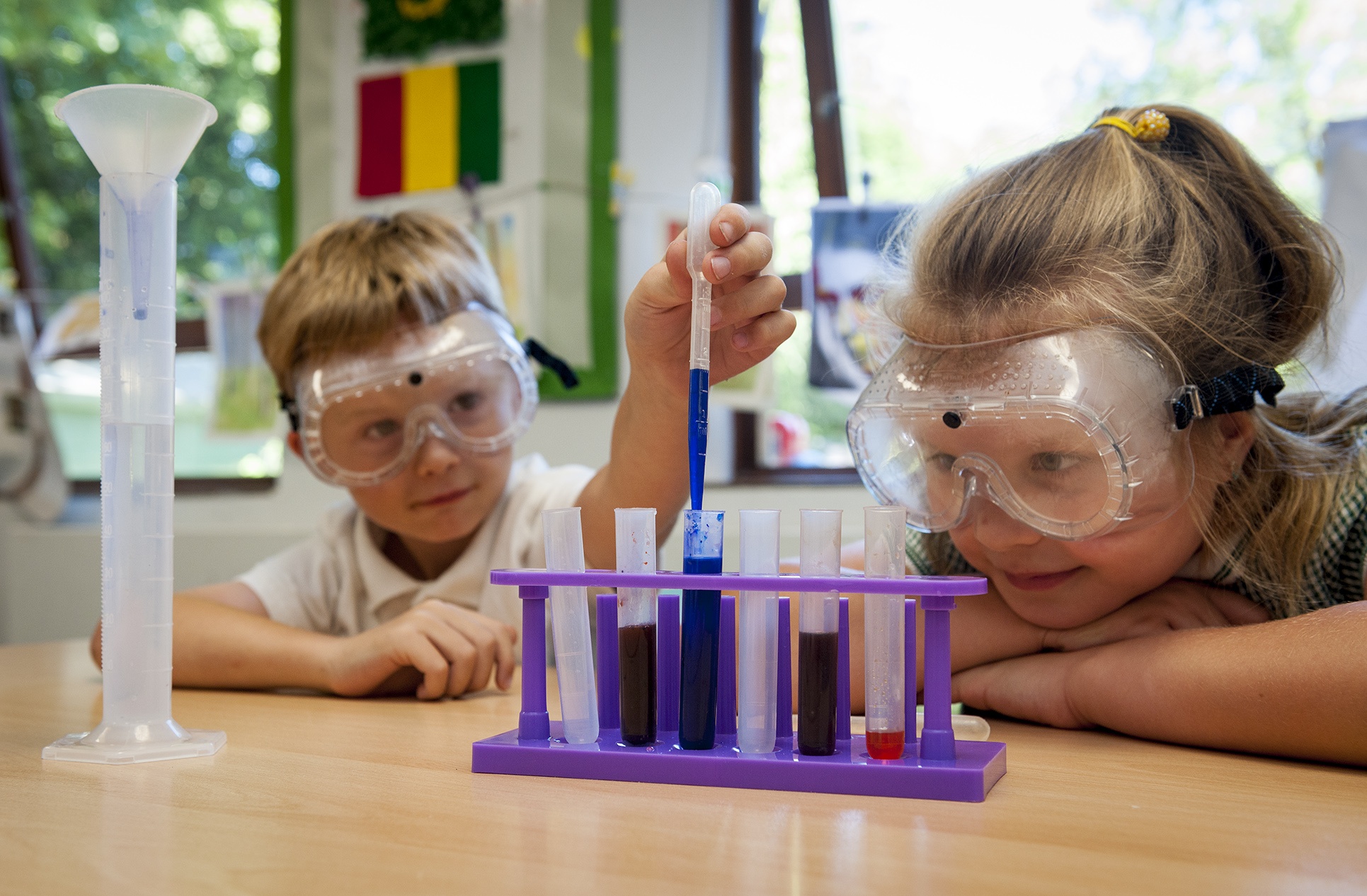
We feel like we've been welcomed into a massive family, it's the most wonderful school and I recommend the school to every friend and family member. Not only are the children taught the curriculum but they are also taught values, life skills and always encouraged to be themselves and be confident.
Every year we plan a range of our of school trips and in school visitors to enrich the curriculum and give children a range of first hand experiences. This is known as our activity passport and children complete at least 50 experiences before they leave The Laurels.
Here at The Laurels, we offer a fantastic range of learning beyond the classroom. From themed days to visits, we’re keen to enhance our curriculum with meaningful and exciting experiences to really develop our pupils’ cultural capital and knowledge. Examples include turning our school hall into a planetarium, residential visits for our older children and trips to wildlife parks.
Here at The Laurels we offer an amazing range of extra-curricular clubs, many of which run all year long! Working with local partners, we have a wide range of sports clubs from football to dance and multi skills to gymnastics! Other clubs include musical theatre, art, sewing, choir, board games and much more. Clubs run on different days of the week, either at breakfast time or after school. For more information on the current offering, please get in touch with us!
| Day | Monday | Tuesday | Wednesday | Thursday | Friday |
| Autumn Term |
|
|
|
|
|
Children in Key Stage 2 have the opportunity to attend residential visits in Year 4 and Year 6. Residential visits have numerous benefits and have been proven to have a positive effect on confidence and self-esteem. The visits also promote independence, relationships and enable the children to have new experiences and create memories that will last a lifetime.
We have a designated Forest School area where sessions are designed to help children build resilience, gain a sense of achievement and promote wellbeing.
The woodland is an open-ended resource and never fails to offer awe and wonder. This encourages motivation and creativity as it offers a diverse supply of materials through the seasons for children to challenge themselves.
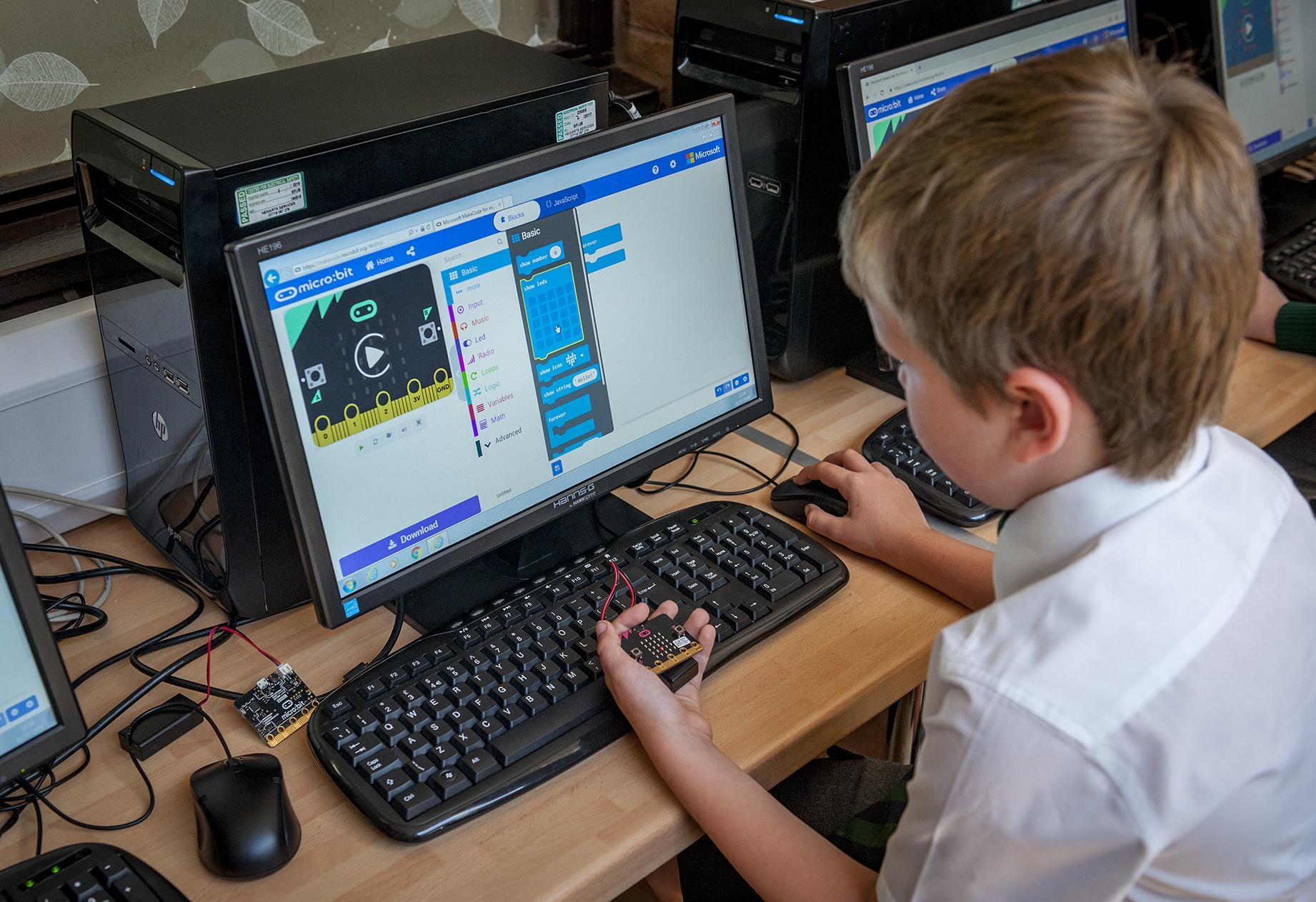
Children get off to a flying start in the Reception Year

It's a small school where teachers know all students, and teachers are always on hand to answer questions
English literacy is at the heart of our learning and teaching and essential to every area of the curriculum. It is through literacy that concepts are formed and we are able to make sense of the world and our place in it. Children are taught to read in a variety of ways. Each week children read individually and in groups during guided reading lessons.. Guided reading focuses on the skills of comprehension and critical appreciation. Teachers read a huge variety of written material regularly with the children, fiction and non-fiction, stories, reports, diaries, poems etc.
We place a strong emphasis on phonics (letter sounds) in the early years of learning to read because we believe this lays the foundations for successful reading. At The Laurels, we use Little Wandle Letters and Sounds guidance to teach the children in their classes. Some children may have additional phonics sessions to support them to keep up. In addition to phonics, pupils learn sight words by repetition and retrieval. Find out more at the Little Wandle website
Writing skills underpin many elements of the school curriculum and is an essential life-skill. Writing is taught through inspiring texts, films and pictures to engage and immerse children in the genre they are learning. Grammar is taught within each unit to support the final outcome.
We teach maths using the White Rose Maths scheme which has been influenced, inspired and informed by the work of leading maths researchers and practitioners across the world and is based on the latest pedagogical research. This program is not just about teaching maths, it is about developing mathematical thinking skills and making rich connections across mathematical ideas to ensure that students are able to develop fluency and solve problems with confidence.
From the earliest years, we encourage children to ‘have a go,’ to have children notice numbers, patterns, shapes, and connections and to be able to discuss their findings with others. It is important to instil a love of learning from an early age and to teach children that we learn from making mistakes.
Each classroom environment is set up to enable children to build independence in learning maths, from up-to-date working walls, carefully chosen scaffolds and accessible resources.
We believe all children can achieve highly in maths. For some children, this demands a great deal of perseverance and resilience, and we talk explicitly about this in lessons and link it to other areas of curriculum learning, such as ‘Learning for Life’. We encourage children to support one another to build a classroom climate of endeavour. In virtually every lesson, children have the opportunity to apply mathematical reasoning to solve problems, which deepens their understanding and supports making connections across the curriculum.
We promote a healthy lifestyle and are interested in the physical well-being of each child.
As part of the complete development of the children in The Laurels Primary we aim to provide every child with a range of physical activities. Each class is allocated two P.E. sessions during the week. Gymnastics, Games, Athletics, Dance and Swimming are all taught. In Key Stage 1 all of the fundamental movement skills are explicitly taught. These skills are then used in a range of contexts in Key Stage 2.
A wide range of sporting after school activities are provided for pupils so that they are able to develop their physical and team skills in a more meaningful way. During the summer term a Sports Day is held for all children and family members are invited to attend. We also hold our Key Stage 2 indoor athletics competition at Durrington High School and enter Time to Dance at The Pavilion theatre. The main emphasis is on fun but each child is encouraged to participate to the best of their ability.
Our Art and design scheme of work aims to inspire pupils and develop their confidence to experiment and invent their own works of art. Our scheme is written by experts in their field for Kapow and designed to give pupils every opportunity to develop their ability, nurture their talent and interests, express their ideas and thoughts about the world, as well as learning about the rich heritage and culture of the British isles and beyond.
Our curriculum develops pupil’s knowledge and understanding of key artists and art movements through the ‘Every picture tells a story’ units and links to artists through practical work. Lessons are always practical in nature and encourage experimental and exploratory learning with pupils using sketchbooks to document their ideas.
The intention of the music scheme is first and foremost to help children to feel that they are musical and to develop a lifelong love of music. We focus on developing the skills, knowledge and understanding that children need in order to become confident performers, composers, and listeners. Our curriculum introduces children to music from all around the world and across generations, teaching children to respect and appreciate the music of all traditions and communities.
Children will develop the musical skills of singing, playing tuned and untuned instruments, improvising and composing music, and listening and responding to music. They will develop an understanding of the history and cultural context of the music that they listen to and learn how music can be written down. Through music, our curriculum helps children develop transferable skills such as team-working, leadership, creative thinking, problem-solving, decision-making and presentation and performance skills. These skills are vital to children’s development as learners and have a wider application in their general lives outside and beyond school.
Our history scheme of work aims to inspire pupils to be curious and creative thinkers who develop a complex knowledge of local and national history and the history of the wider world. We want pupils to develop the confidence to think critically, ask questions, and be able to explain and analyse historical evidence. Through our scheme of work, we aim to build an awareness of significant events and individuals in global, British and local history and recognise how things have changed over time. History will support children to appreciate the complexity of people’s lives, the diversity of societies and the relationships between different groups. Studying History allows children to appreciate the many reasons why people may behave in the way they do, supporting children to develop empathy for others while providing an opportunity to learn from mankind’s past mistakes. Our scheme aims to support pupils in building their understanding of chronology in each year group, making connections over periods of time and developing a chronologically-secure knowledge of History. We hope to develop pupils’ understanding of how historians study the past and construct accounts and the skills to carry out their own historical enquiries. In order to prepare pupils for their future learning in History, our scheme aims to introduce them to key substantive concepts including power, invasion, settlement and migration, empire, civilisation, religion, trade, achievements of humankind, society and culture.
We aim to make all children excited and curious about the world around them and learn about the scientific careers available to them. Pupils gain competence in the skills of scientific inquiry and become critical thinkers and problem solvers.
Pupils learn about digital literacy, online safety, computational thinking, computers and hardware and coding in our whole class IT suite. We also have laptop trolleys so laptops can be used in classrooms.
The French scheme of work aims to instil a love of language learning and an awareness of other cultures. We want pupils to develop the confidence to communicate in French for practical purposes, using both written and spoken French. Pupils are given opportunities to communicate for practical purposes around familiar subjects and routines.
Our ‘Learning for Life’ curriculum aims to give children the knowledge, skills, and attitudes that they need to effectively navigate the complexities of life in the 21st Century. The curriculum covers key areas which will support children to make informed choices now and in the future around their health, safety, wellbeing, relationships, and financial matters and will support them in becoming confident individuals and active members of society.
Our scheme is a whole school approach that consists of three areas of learning in EYFS: Reception (to match the EYFS Personal, social and emotional development prime area) and five areas of learning across Key stages 1 and 2.
The Design and technology scheme of work aims to inspire pupils to be innovative and creative thinkers who have an appreciation for the product design cycle through ideation, creation, and evaluation. We want pupils to develop the confidence to take risks, through drafting design concepts, modelling, and testing and to be reflective learners who evaluate their work and the work of others. Through our scheme of work, we aim to build an awareness of the impact of design and technology on our lives and encourage pupils to become resourceful, enterprising citizens who will have the skills to contribute to future design advancements. we have six key areas which pupils revisit throughout their time here
Our geography scheme of work aims to inspire pupils to become curious and explorative thinkers with a diverse knowledge of the world; in other words, to think like a geographer. We want pupils to develop the confidence to question and observe places, measure and record necessary data in various ways, and analyse and present their findings. Through our scheme of work, we aim to build an awareness of how Geography shapes our lives at multiple scales and over time. We hope to encourage pupils to become resourceful, active citizens who will have the skills to contribute to and improve the world around them. Our scheme encourages:
Fieldwork includes smaller opportunities on the school grounds to larger-scale visits to investigate physical and human features. Developing fieldwork skills within the school environment and revisiting them in multiple units enables pupils to consolidate their understanding of various methods.
We aim to create a happy, stable and optimal environment for learning; classrooms are calm, safe spaces where everyone can flourish. Being well-behaved is a combination of skills, aptitudes, habits, inclinations, values and knowledge which are taught through our Behaviour Curriculum.
If any child’s behaviour is starting to cause concern, we will contact you to explore possible reasons for the changes and to develop a plan using positive intervention strategies to help your child make good choices about their behaviour. More about our behaviour policy can be found on the school website.
The school has a duty of care to its pupils. Robust policies and procedures are in place to ensure the safety and wellbeing of all pupils. The school will work closely with parents and outside agencies, including Children’s Services, if there are concerns about a child’s welfare. Our Child Protection policy is available on the safeguarding page of our website.
We recognise the unique role the parent/carer has as the child’s first educator. We wish to work in partnership with you to ensure future success for your child. Together we will:
In the Autumn and Spring terms we hold Parents’ Evenings when teachers will discuss your child’s progress and share the children’s learning experiences. In the Summer term your child will receive a written report which you will have the opportunity to discuss with the teacher.
We are very lucky to have loyal and hard-working parents who work closely with the school, fundraising and organising fun and exciting activities for our children and their families. Please pop along to meetings and join the team if you have ideas and expertise to share!
We recognise the importance of amazing food and the benefits it offers therefore hot meals at The Laurels Primary School are provided by Cucina.
Cucina are proudly a chef-led business meaning they have the skills to cook the meals from scratch using fresh ingredients. They use a range of local and national suppliers from which all fish is MSC certified, all eggs and mayonnaise are free-range, 90% of their fruit and vegetables are grown in the UK and the vast majority of their meat is Red Tractor accredited.
At The Laurels Primary School, ALL of our children are unique. However, we recognise that there are times when children have needs over and above those offered by the general curriculum. Our provision for Special Educational Needs and Disabilities can be found on our website as part of the West Sussex County Council Local Offer document.
We are fully committed to the early intervention of Special needs; planning and learning is differentiated to suit the needs of both groups and individual children. For more information please contact the school office to arrange to meet with the schools Special Educational Needs and Disabilities (SEND) Co-ordinator or view the SEN resources on our school website.
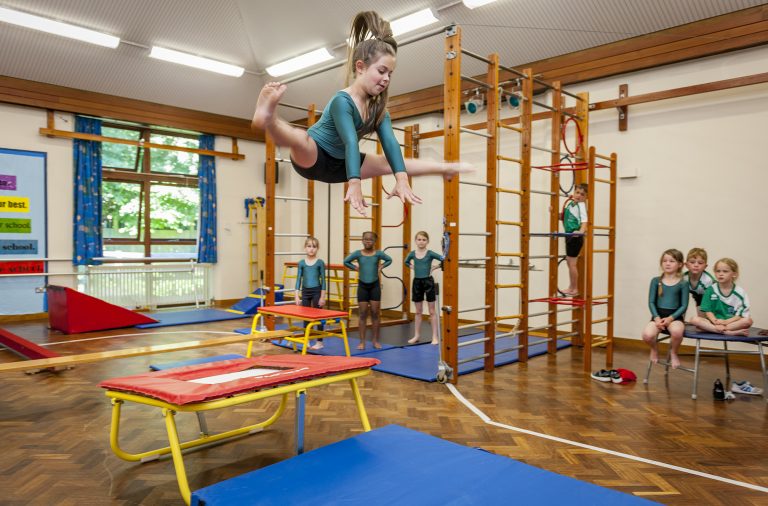
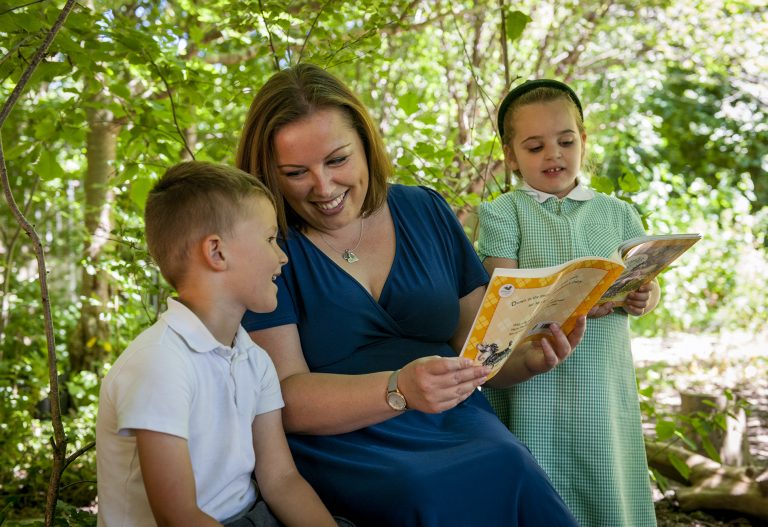
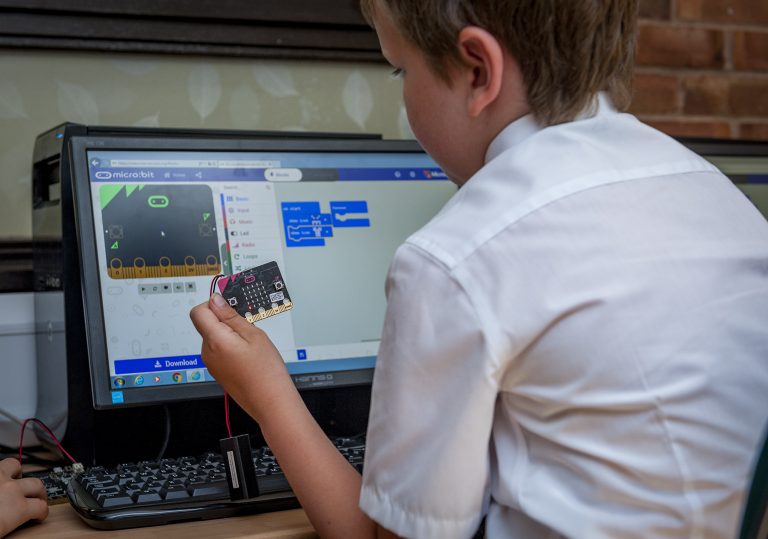
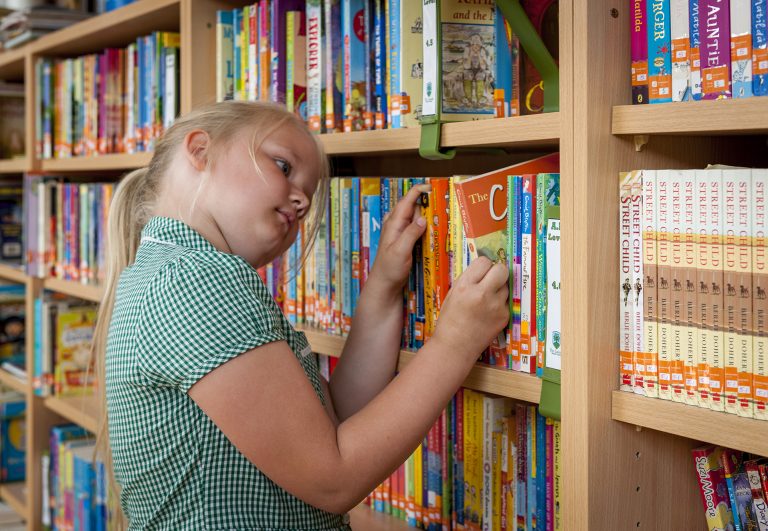
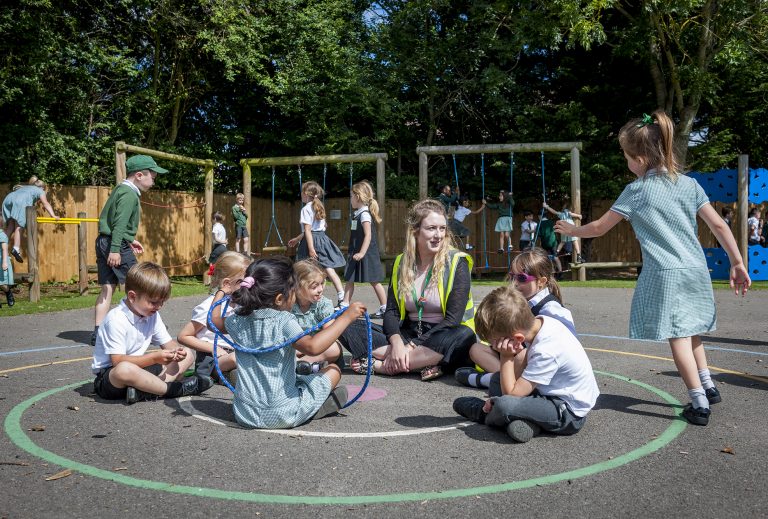
Local Authority
West Sussex County Council, County Hall, Chichester, PO19 1RQ
The Laurels Primary School is an Academy and is part of the Durrington Multi-Academy Trust (DMAT).
Visit our website to view our polices and statutory information.
